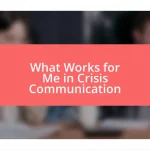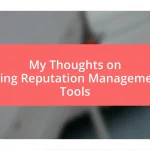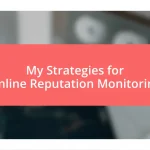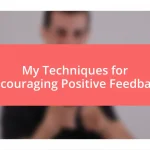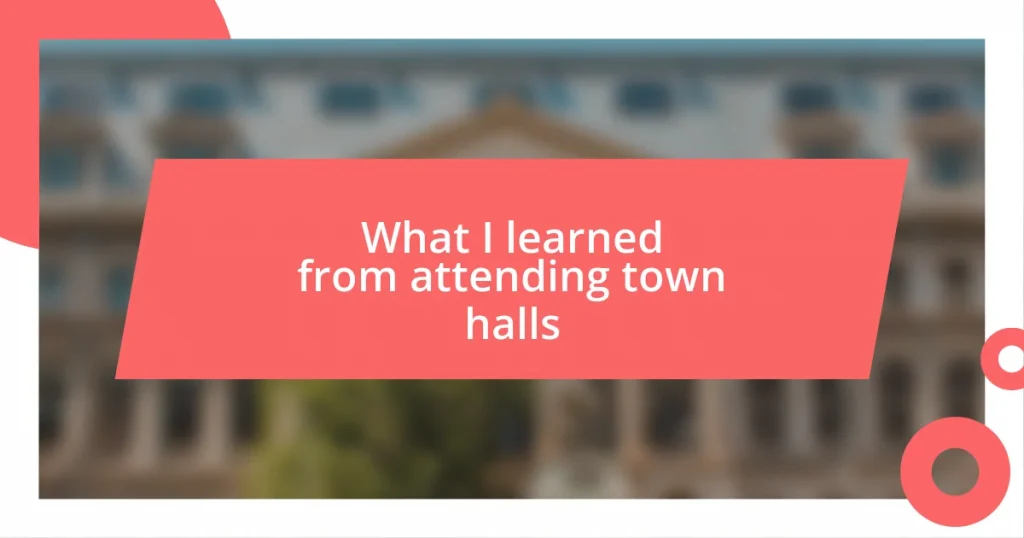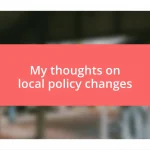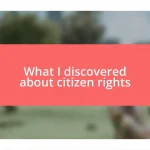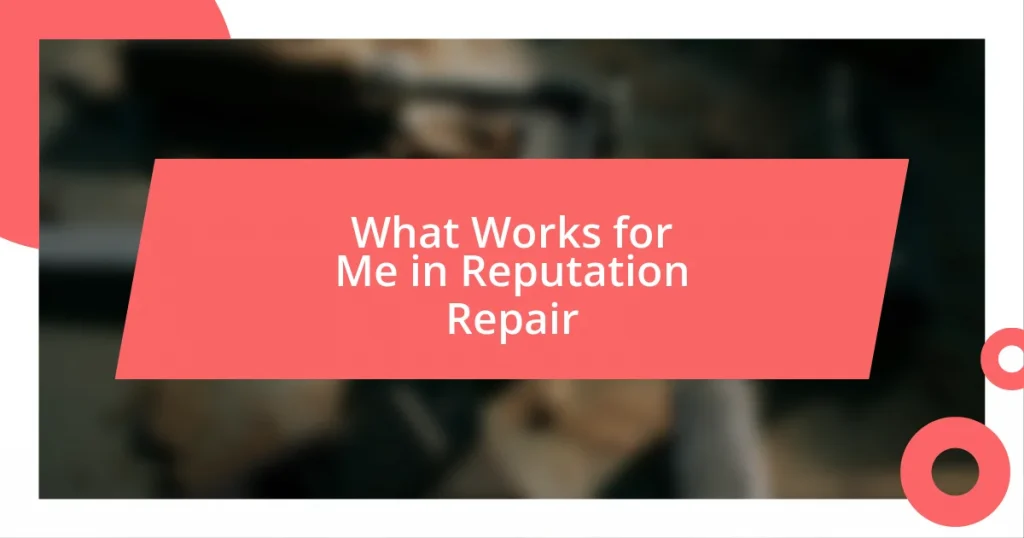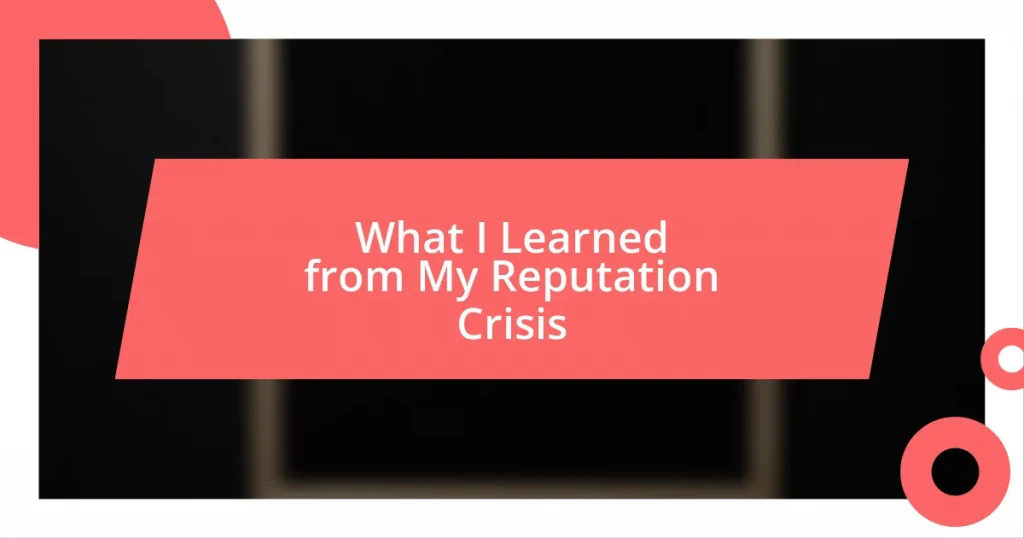Key takeaways:
- Attending town halls fosters community engagement, allowing individuals to share concerns, hear diverse perspectives, and build connections with fellow residents.
- Effective engagement with speakers involves preparing thoughtful questions, listening actively, and sharing personal experiences to create meaningful conversations.
- Insights gained from town halls can be translated into real actions and solutions to local issues, encouraging collaboration and collective efforts for community improvement.
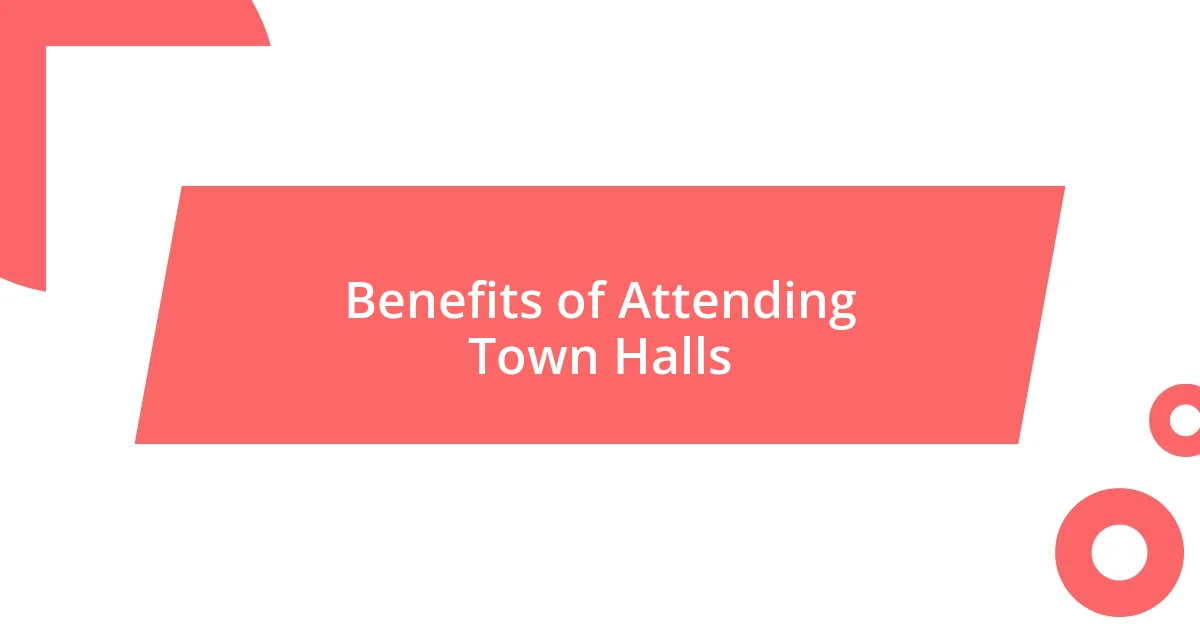
Benefits of Attending Town Halls
Attending town halls offers a unique opportunity to engage directly with local leaders. I remember sitting in a packed room once, feeling the energy of passionate community members as we all shared our concerns. It struck me how powerful it felt to voice my opinion and realize that others felt the same way—a sense of collective purpose can be incredibly galvanizing.
One of the most significant benefits is the chance to hear diverse perspectives on community issues. At one town hall, I was fascinated to listen to different opinions on urban development. It opened my eyes to viewpoints I hadn’t considered before, prompting me to rethink my stance and encouraging me to engage more thoughtfully in future discussions.
Moreover, attending these meetings fosters a deeper connection with the community. I’ve met neighbors I never would have interacted with otherwise, which has enriched my understanding of the local culture. Isn’t it amazing how these gatherings can build relationships and unite people for a common cause?
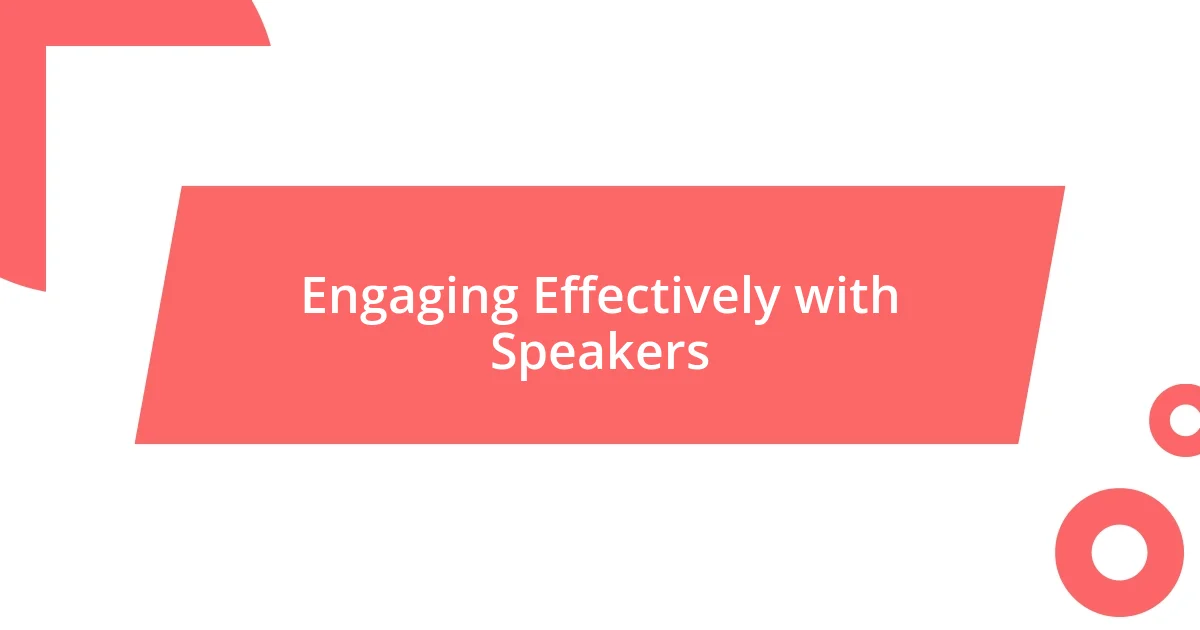
Engaging Effectively with Speakers
Engaging with speakers during town halls is not just about asking questions; it’s about establishing a genuine connection. I once approached a city council member about a concern I had regarding public transportation. What surprised me was how attentive they were. They didn’t just listen; they engaged in a dialogue, giving me insights about their plans and inviting my further thoughts. This kind of interaction not only made me feel valued but also transformed what could have been a simple question into a productive conversation.
To make the most of your interactions with speakers, consider these approaches:
- Prepare Thoughtful Questions: Before the event, jot down specific questions relevant to the topics discussed.
- Listen Actively: Show genuine interest by nodding and making eye contact, which encourages the speaker to elaborate.
- Follow Up: If a speaker piqued your interest, share your thoughts or additional questions after their presentation.
- Appreciate Their Input: A simple “thank you” can go a long way in building rapport and showing that you value their perspective.
- Share Personal Experiences: Relating your own story can help create a more profound connection, making the discussion more engaging for both parties.
By taking these steps, you’ll not only enrich your understanding but also foster an environment where speakers feel encouraged to engage openly.
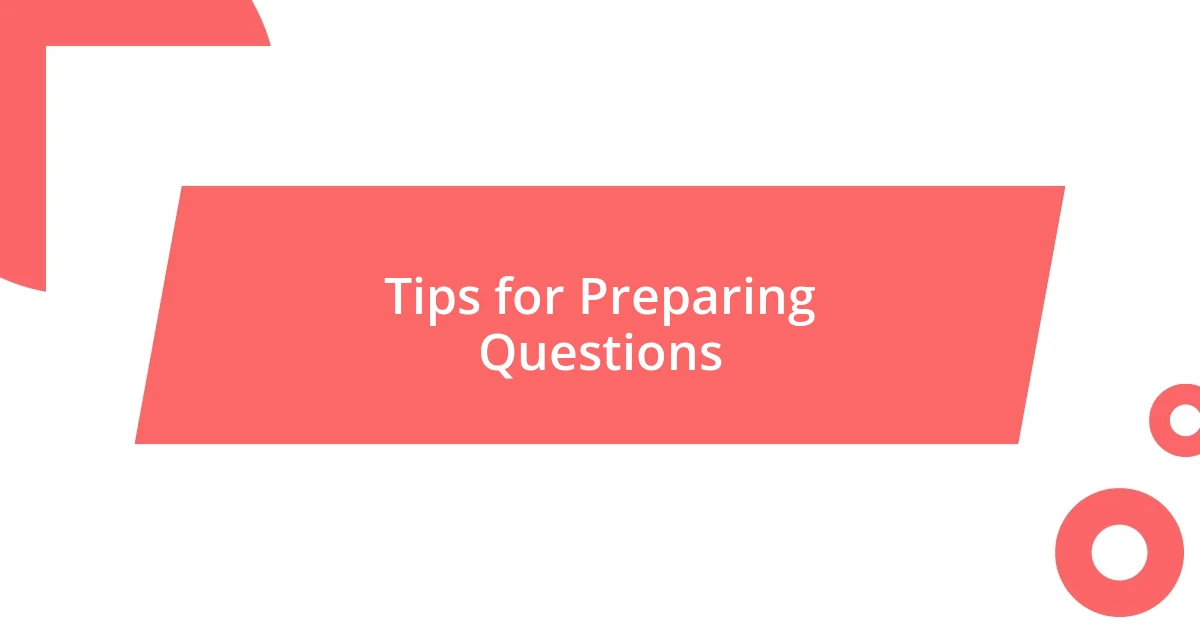
Tips for Preparing Questions
Preparing questions for a town hall can feel a bit daunting, but I’ve found a few strategies that really help. It’s essential to align your questions with the event’s key topics. For instance, when I prepared to ask about environmental initiatives, I reviewed recent related policies to form my question. This not only made me feel more confident but also demonstrated my genuine interest to the speakers, making the interaction more meaningful.
When crafting your questions, think about what you genuinely want to know. One time, after a discussion on local education reforms, I asked a question that reflected my personal experiences as a parent navigating the system. The speaker’s response gave me valuable insight, and it felt incredibly rewarding to see my personal story resonate with others present. I always encourage people to think about how their experiences can shape their questions—this approach not only adds depth but also invites speakers to engage on a more personal level.
Remember to draft a mix of open-ended and specific questions. While it’s great to ask broad questions that invite elaboration, having a couple of direct ones prepared can provoke insightful responses. I recall asking a direct question about funding for community projects, which led to an eye-opening discussion about budget allocation. Balancing these different types of questions can encourage a richer dialogue and opens the floor for unexpected insights.
| Type of Question | Purpose |
|---|---|
| Open-ended | Encourages detailed responses and insights |
| Specific | Probes for particular information or clarifications |
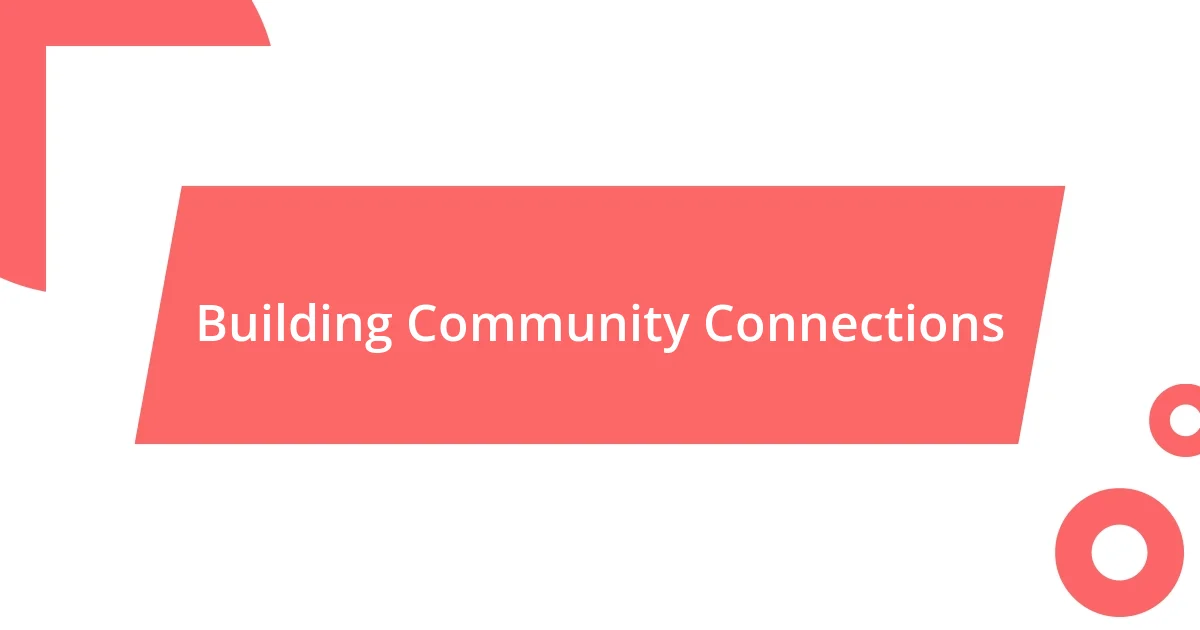
Building Community Connections
Building community connections at town halls can be a transformative experience. I remember the first time I attended one; I was nervous, wondering if anyone would even notice my presence. But as I sat and listened, I began connecting with the people around me, exchanging thoughts and ideas about issues that truly mattered to us. That feeling of shared concern made me realize the power of community; it’s about finding common ground with others who care just as much as you do.
Sometimes, all it takes is a genuine conversation to spark connections that last beyond the event. After voicing some thoughts on local parks during a town hall, a woman approached me with her own stories about our neighborhood’s green spaces. We ended up having an engaging discussion about improvements and even shared a few laughs. It dawned on me then that these gatherings aren’t just about voicing concerns; they’re about forming relationships rooted in shared experiences and collective hopes for our community. How often do we miss these opportunities in our daily lives?
Taking the time to actively engage with others doesn’t just enhance the experience; it builds a supportive network. One day, while discussing community safety, I made a point about the need for more neighborhood watch programs. I could see heads nodding in agreement, and soon, people I’d never met before joined the conversation with their insights. That moment made me think, what if we all took a little time to connect with others at these events? This sense of camaraderie can lead to collaborative action, making our voices even stronger together.
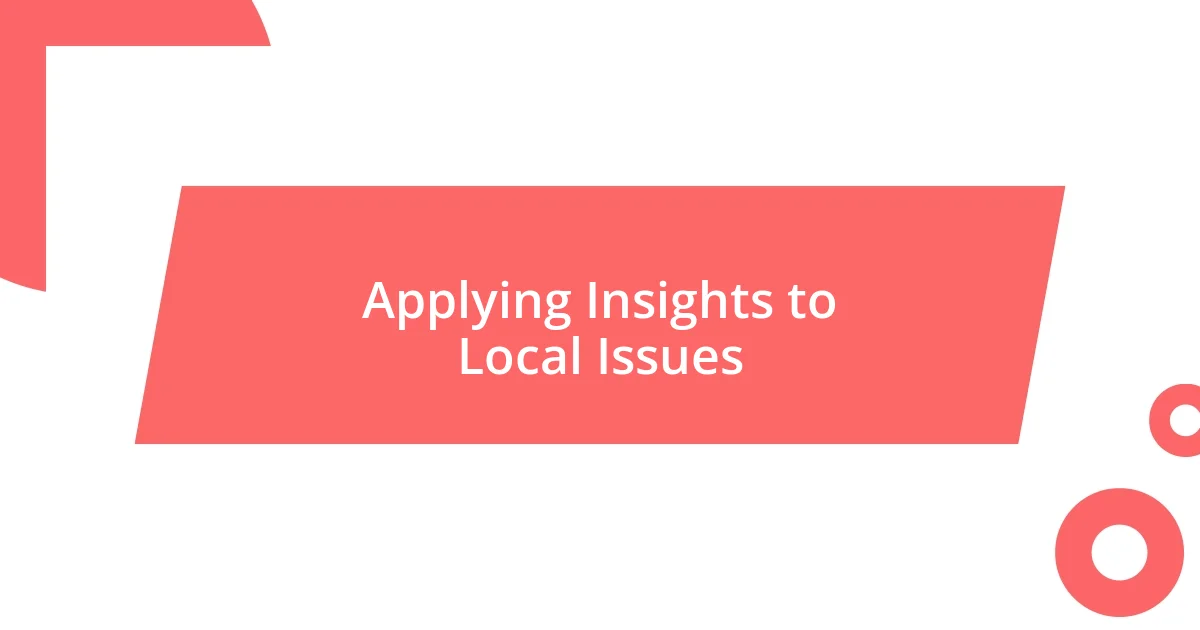
Applying Insights to Local Issues
When I reflect on how to apply the insights gained from town halls to local issues, it becomes clear that these events are not just a platform for questions; they’re a springboard for practical solutions. During one town hall, a discussion on transportation inefficiencies sparked my interest. I shared my experiences commuting and suggested a specific route improvement based on community feedback I had gathered. This led to a productive conversation with local officials, proving that our collective voices can indeed influence real change.
I remember attending a session focused on homelessness in my community. Listening to personal stories was eye-opening, but what struck me was the data presented about local resources. I decided to take it a step further and organized a small group discussion afterward, encouraging my neighbors to brainstorm ideas on how we could support existing initiatives. It felt great to see that others were just as invested, highlighting the importance of fostering partnerships to tackle such pressing issues.
Engaging in these local conversations usually pushes me to think beyond immediate concerns. For instance, after a town hall addressing youth programs, I found myself motivated to reach out to local schools and propose collaboration on after-school activities. It made me wonder, how many ideas remain untapped simply because we don’t take the initiative to connect the dots? By expressing our thoughts and acting upon them, we can transform insights into tangible progress for our communities.

